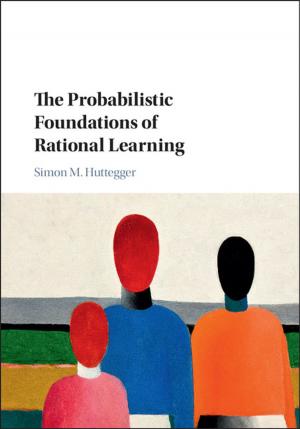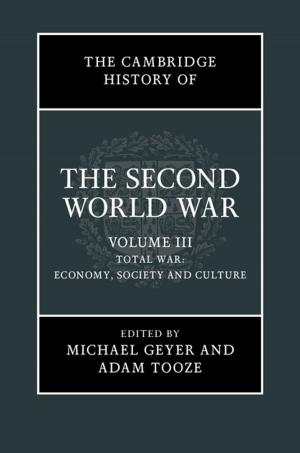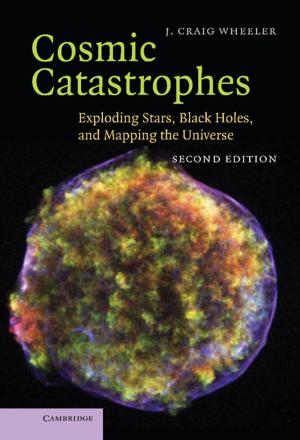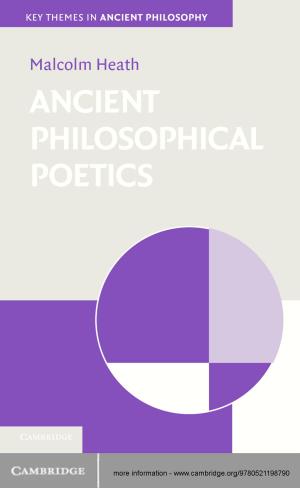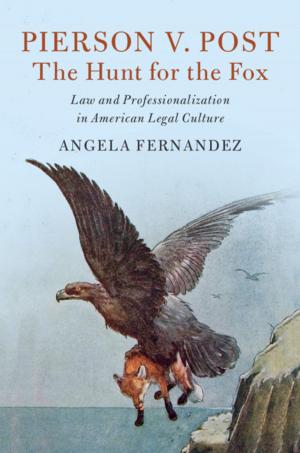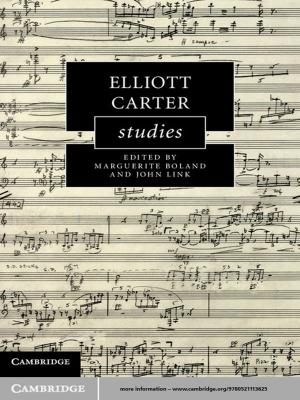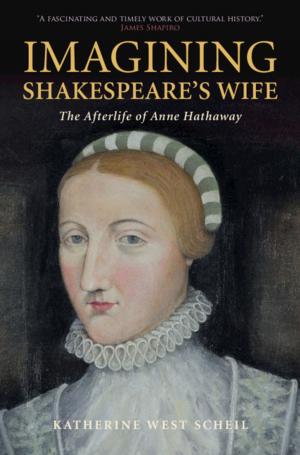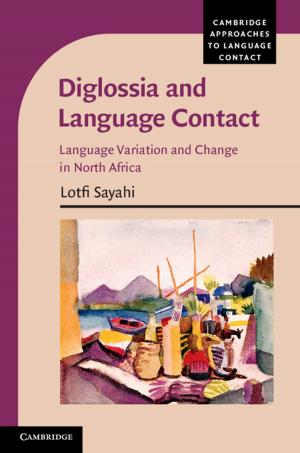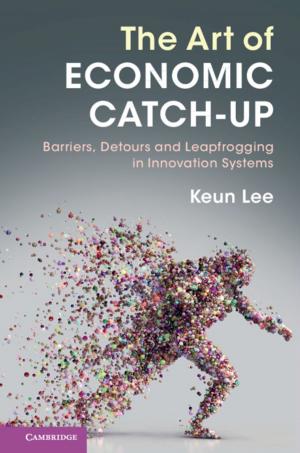Reconstructing Alliterative Verse
The Pursuit of a Medieval Meter
Fiction & Literature, Literary Theory & Criticism, Ancient & Classical, British| Author: | Ian Cornelius | ISBN: | 9781108207034 |
| Publisher: | Cambridge University Press | Publication: | July 20, 2017 |
| Imprint: | Cambridge University Press | Language: | English |
| Author: | Ian Cornelius |
| ISBN: | 9781108207034 |
| Publisher: | Cambridge University Press |
| Publication: | July 20, 2017 |
| Imprint: | Cambridge University Press |
| Language: | English |
The poetry we call 'alliterative' is recorded in English from the seventh century until the sixteenth, and includes Caedmon's 'Hymn', Beowulf, Sir Gawain and the Green Knight, and Piers Plowman. These are some of the most admired works of medieval English literature, and also among the most enigmatic. The formal practice of alliterative poets exceeded the conceptual grasp of medieval literary theory; theorists are still playing catch-up today. This book explains the distinctive nature of alliterative meter, explores its differences from subsequent accentual-syllabic forms, and advances a reformed understanding of medieval English literary history. The startling formal variety of Piers Plowman and other Middle English alliterative poems comes into sharper focus when viewed in diachronic perspective: the meter was in transition; to understand it, we need to know where it came from and where it was headed at the moment it died out.
The poetry we call 'alliterative' is recorded in English from the seventh century until the sixteenth, and includes Caedmon's 'Hymn', Beowulf, Sir Gawain and the Green Knight, and Piers Plowman. These are some of the most admired works of medieval English literature, and also among the most enigmatic. The formal practice of alliterative poets exceeded the conceptual grasp of medieval literary theory; theorists are still playing catch-up today. This book explains the distinctive nature of alliterative meter, explores its differences from subsequent accentual-syllabic forms, and advances a reformed understanding of medieval English literary history. The startling formal variety of Piers Plowman and other Middle English alliterative poems comes into sharper focus when viewed in diachronic perspective: the meter was in transition; to understand it, we need to know where it came from and where it was headed at the moment it died out.

